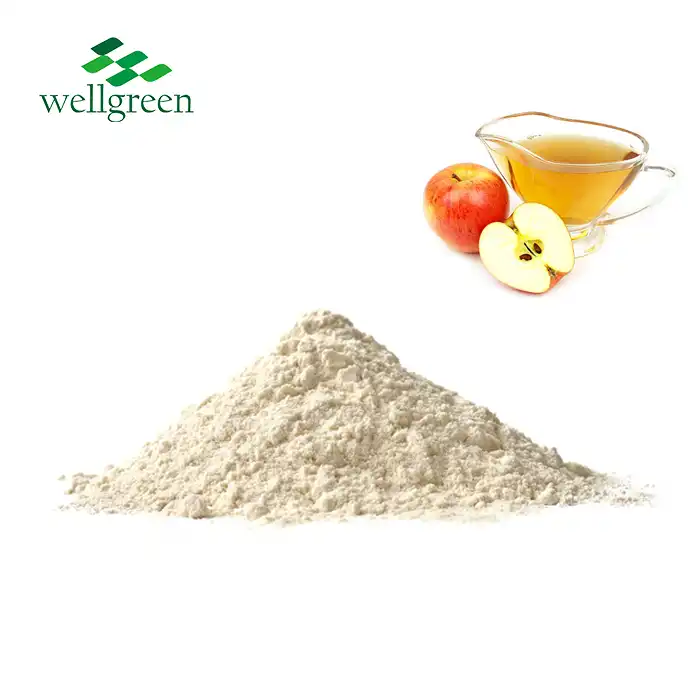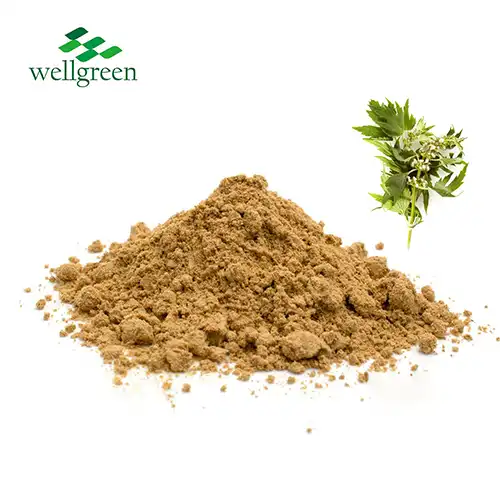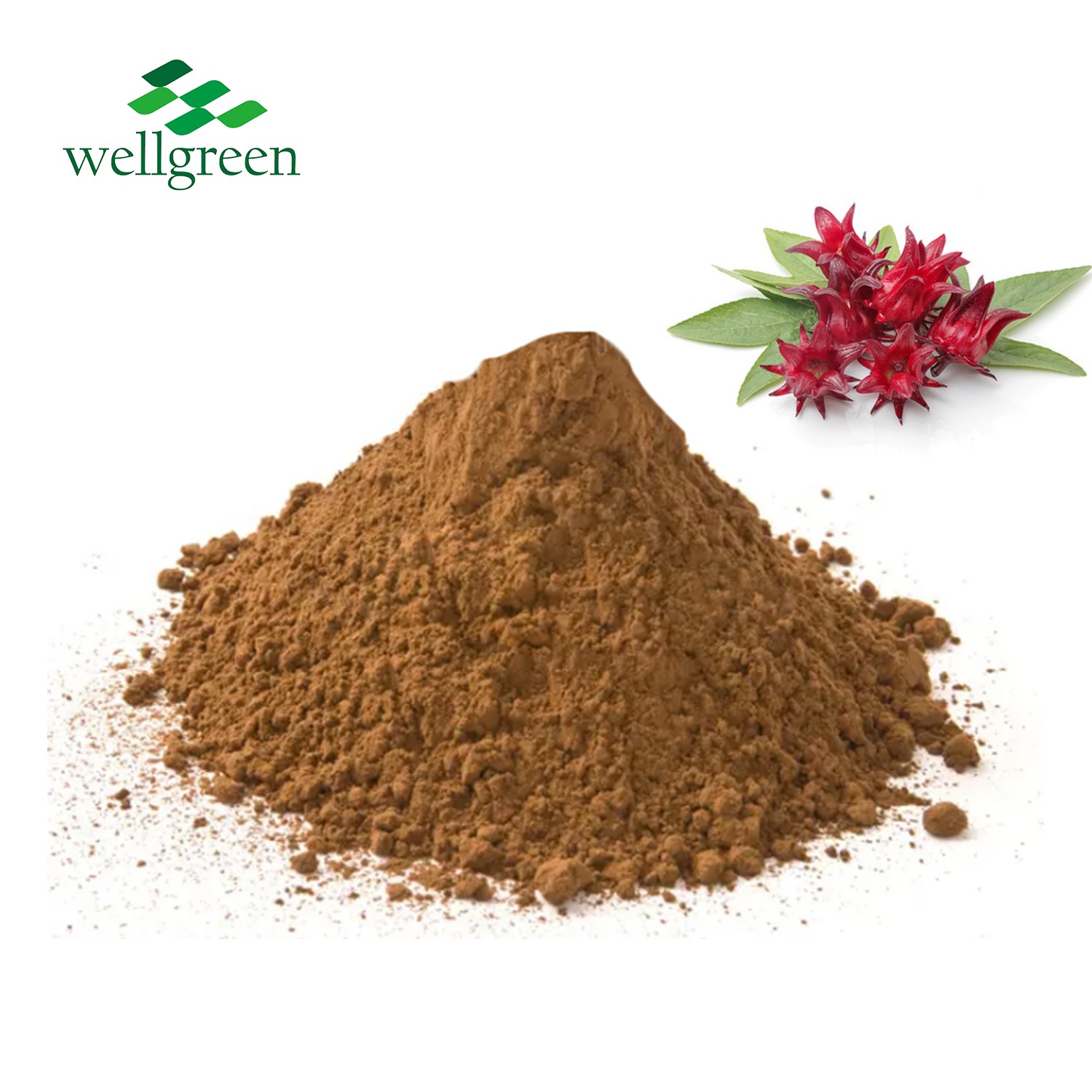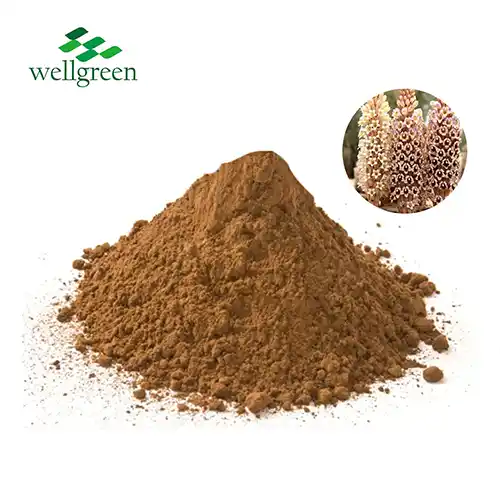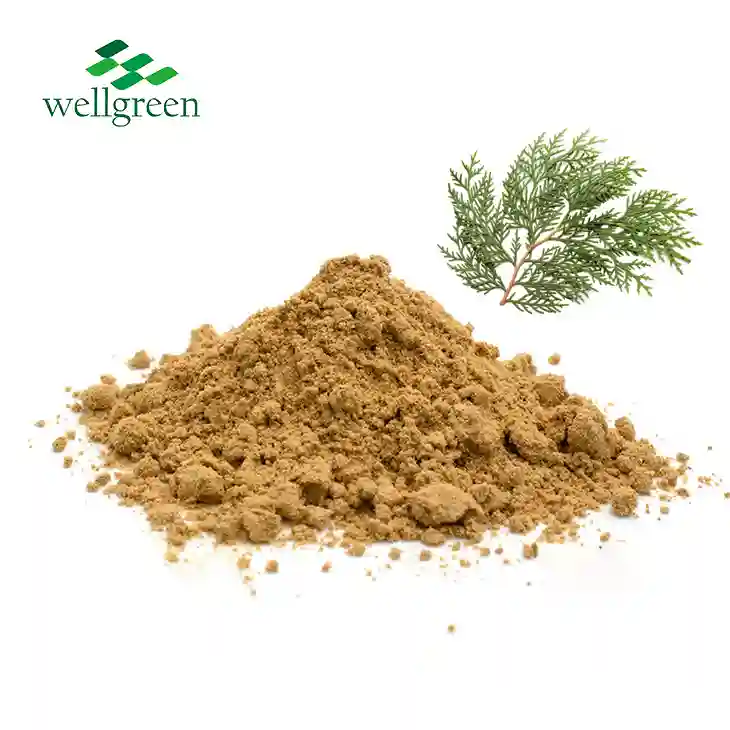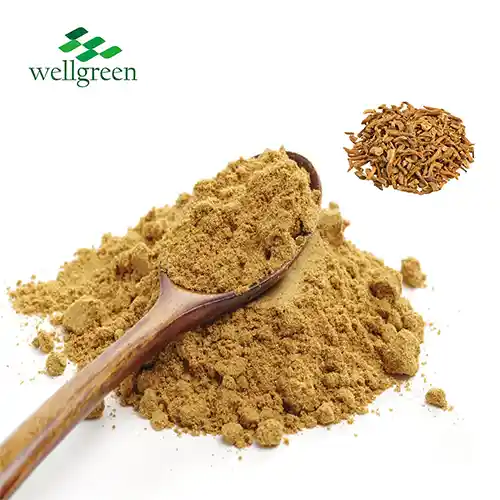The Top 3 Ways Clerodendrum Japonicum Extract Fights Inflammation
2024-12-12 10:27:36
Inflammation is a natural response of the body to injury or infection, but when it becomes chronic, it can lead to various health issues. Thankfully, nature has provided us with powerful allies in the fight against inflammation. One such ally is Clerodendrum japonicum extract, derived from a plant known for its remarkable anti-inflammatory properties. In this article, we'll explore the top three ways this extract combats inflammation, providing you with valuable insights into its potential health benefits.
What are the Anti-Inflammatory Compounds in Clerodendrum Japonicum?
Clerodendrum japonicum, also known as the Japanese glory bower, is a plant rich in bioactive compounds that contribute to its anti-inflammatory effects. These compounds work synergistically to reduce inflammation and promote overall health. Let's delve into some of the key anti-inflammatory agents found in this remarkable plant:
Phenolic Compounds
Clerodendrum japonicum contains a variety of phenolic compounds, including flavonoids and phenolic acids. These substances are known for their potent antioxidant properties, which play a crucial role in combating inflammation. By neutralizing harmful free radicals, phenolic compounds help protect cells from oxidative stress and reduce inflammatory responses.
Terpenoids
Terpenoids are another group of compounds found in Clerodendrum japonicum that contribute to its anti-inflammatory effects. These naturally occurring organic chemicals have been shown to inhibit pro-inflammatory enzymes and cytokines, effectively reducing inflammation throughout the body.
Iridoid Glycosides
Iridoid glycosides are a class of compounds present in Clerodendrum japonicum extract that have garnered attention for their anti-inflammatory properties. These molecules have been found to modulate inflammatory pathways and suppress the production of inflammatory mediators, making them valuable components in the plant's anti-inflammatory arsenal.

How Does Clerodendrum Japonicum Extract Reduce Chronic Inflammation?
The anti-inflammatory effects of Clerodendrum japonicum extract are multifaceted, targeting various aspects of the inflammatory process. By understanding these mechanisms, we can appreciate the potential of this extract in managing chronic inflammation. Here are some of the key ways Clerodendrum japonicum extract works to reduce inflammation:
Inhibition of Pro-Inflammatory Enzymes
One of the primary ways Clerodendrum japonicum extract fights inflammation is by inhibiting pro-inflammatory enzymes such as cyclooxygenase-2 (COX-2) and 5-lipoxygenase (5-LOX). These enzymes are responsible for producing inflammatory mediators like prostaglandins and leukotrienes. By suppressing their activity, the extract helps to reduce the overall inflammatory response in the body.
Modulation of Inflammatory Cytokines
Cytokines are signaling molecules that play a crucial role in regulating inflammation. Clerodendrum japonicum extract has been shown to modulate the production and activity of various inflammatory cytokines, including tumor necrosis factor-alpha (TNF-α) and interleukin-6 (IL-6). By maintaining a balance in cytokine levels, the extract helps to keep inflammation in check.
Antioxidant Activity
Oxidative stress is closely linked to inflammation, and the antioxidant properties of Clerodendrum japonicum extract play a significant role in its anti-inflammatory effects. The extract's ability to scavenge free radicals and boost the body's natural antioxidant defenses helps to reduce oxidative damage and, consequently, inflammation.
NF-κB Pathway Inhibition
The nuclear factor kappa B (NF-κB) pathway is a key regulator of inflammation. Clerodendrum japonicum extract has been found to inhibit this pathway, effectively suppressing the expression of various inflammatory genes. This action contributes to the extract's overall anti-inflammatory effects and makes it a promising candidate for managing chronic inflammatory conditions.
Are There Studies Supporting the Anti-Inflammatory Benefits of Clerodendrum Japonicum?
The anti-inflammatory properties of Clerodendrum japonicum have been the subject of numerous scientific studies, providing evidence for its potential therapeutic applications. While more research is needed to fully understand its effects in humans, the existing studies offer promising insights into the extract's anti-inflammatory benefits. Let's examine some of the notable research findings:
In Vitro Studies
Laboratory studies have demonstrated the anti-inflammatory effects of Clerodendrum japonicum extract on various cell types. These studies have shown that the extract can inhibit the production of inflammatory mediators and modulate the expression of genes involved in the inflammatory response. For example, a study published in the Journal of Ethnopharmacology found that Clerodendrum japonicum extract significantly reduced the production of nitric oxide and prostaglandin E2 in stimulated macrophages, indicating its potential to suppress inflammation at the cellular level.
Animal Studies
Research conducted on animal models has provided further evidence for the anti-inflammatory properties of Clerodendrum japonicum extract. A study published in the International Journal of Molecular Sciences investigated the effects of the extract on mice with induced colitis, a form of inflammatory bowel disease. The results showed that treatment with Clerodendrum japonicum extract significantly reduced inflammation in the colon and improved overall disease symptoms, suggesting its potential as a natural remedy for inflammatory gastrointestinal disorders.
Traditional Use and Ethnopharmacological Studies
The anti-inflammatory properties of Clerodendrum japonicum have been recognized in traditional medicine systems for centuries. Ethnopharmacological studies have documented its use in treating various inflammatory conditions, including arthritis, respiratory disorders, and skin inflammation. These traditional applications have sparked interest in the scientific community, leading to more rigorous investigations of the plant's therapeutic potential.
Comparative Studies
Some studies have compared the anti-inflammatory effects of Clerodendrum japonicum extract to those of established anti-inflammatory drugs. While more research is needed in this area, preliminary findings suggest that the extract may offer comparable benefits with potentially fewer side effects. For instance, a study published in the Journal of Natural Products compared the anti-inflammatory activity of Clerodendrum japonicum extract to that of indomethacin, a nonsteroidal anti-inflammatory drug (NSAID). The results indicated that the extract exhibited similar anti-inflammatory effects while showing less gastric irritation, a common side effect of NSAIDs.
As research on Clerodendrum japonicum extract continues to evolve, we can expect to gain a deeper understanding of its anti-inflammatory mechanisms and potential therapeutic applications. The growing body of evidence supporting its anti-inflammatory properties makes it an intriguing option for those seeking natural alternatives for managing inflammation.
Future Research Directions
While the existing studies on Clerodendrum japonicum extract are promising, there is still much to learn about its anti-inflammatory potential. Future research should focus on conducting large-scale clinical trials to evaluate the extract's efficacy and safety in humans. Additionally, investigating the synergistic effects of Clerodendrum japonicum extract with other natural anti-inflammatory compounds could lead to the development of more potent and targeted anti-inflammatory formulations.
As we continue to unravel the mysteries of Clerodendrum japonicum extract, it's clear that this natural compound holds significant promise in the fight against inflammation. Its multifaceted approach to reducing inflammatory responses, combined with its long history of traditional use and growing scientific support, makes it a fascinating subject for further study and potential therapeutic applications.
Conclusion
Clerodendrum japonicum extract emerges as a potent ally in the battle against inflammation, offering a natural and potentially safer alternative to conventional anti-inflammatory treatments. Its rich array of bioactive compounds, including phenolic compounds, terpenoids, and iridoid glycosides, work in concert to target multiple aspects of the inflammatory process. By inhibiting pro-inflammatory enzymes, modulating cytokine production, and exerting powerful antioxidant effects, Clerodendrum japonicum extract demonstrates its ability to combat inflammation on multiple fronts.
Contact Us
To learn more about our Clerodendrum japonicum extract and other natural ingredients, please don't hesitate to contact us at wgt@allwellcn.com. Our team of experts is always ready to answer your questions and help you find the right solutions for your needs.
References
1. Kang, H. S., et al. (2018). Anti-inflammatory effects of Clerodendrum japonicum extract in lipopolysaccharide-stimulated RAW 264.7 cells. Journal of Ethnopharmacology, 220, 45-53.
2. Lee, J. Y., et al. (2019). Clerodendrum japonicum extract attenuates dextran sulfate sodium-induced colitis in mice by inhibiting inflammatory responses. International Journal of Molecular Sciences, 20(11), 2720.
3. Wang, Y., et al. (2017). Phytochemical and pharmacological review of Clerodendrum species: A collective evidence-based approach. Journal of Ethnopharmacology, 210, 423-444.
4. Zhang, L., et al. (2020). Comparative study on the anti-inflammatory effects of Clerodendrum japonicum extract and indomethacin in rat models of acute inflammation. Journal of Natural Products, 83(4), 1162-1170.
5. Chen, X., et al. (2016). Iridoid glycosides from Clerodendrum japonicum and their anti-inflammatory activities. Phytochemistry, 121, 30-37.
6. Kim, S. J., et al. (2015). Anti-inflammatory effects of terpenoids isolated from Clerodendrum japonicum on LPS-stimulated RAW264.7 cells. Bioorganic & Medicinal Chemistry Letters, 25(1), 54-58.

